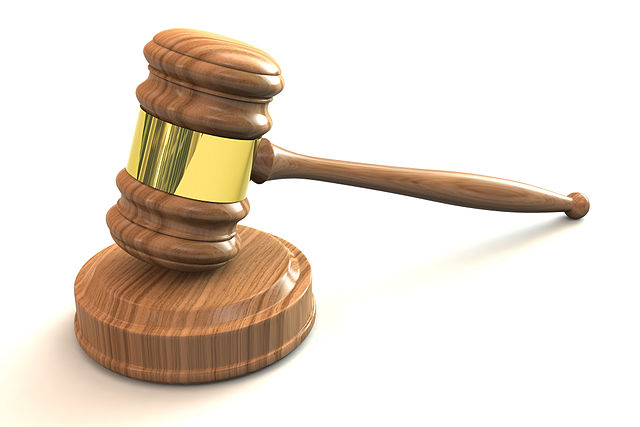By Dana Kanellakes
In IVFMD Florida, Inc. v. Allied Property & Casualty Insurance Co., 2017 WL 510432 (11th Cir. Feb. 8, 2017), the insured, IVFMD Florida, Inc. (“IVFMD Florida”), filed a complaint in the underlying action against IVFMD, P.A. (“IVFMD Texas”), alleging that the abbreviation “IVFMD” was subject to a trademark belonging to IVFMD Florida. IVFMD Texas filed counterclaims seeking declaratory judgments of trademark invalidity, non-infringement and an exceptional case under the Lanham Act based on the fact that IVFMD Florida’s trademark application for the abbreviation “IVFMD” was rejected by the USPTO for non-distinctiveness, there was no evidence of acquired distinctiveness through secondary meaning and no market overlap or likelihood of confusion existed. IVFMD Texas asserted that it had not infringed a valid trademark and that IVFMD Florida had brought a groundless and unreasonable trademark action.
After Allied rejected IVFMD Florida’s tender of the counterclaims to Allied under commercial general liability and umbrella policies, IVFMD Florida filed a declaratory judgment action. Allied filed a motion for summary judgment, which was unopposed because of an alleged error that resulted in IVFMD Florida’s counsel not being served. The district court granted the unopposed motion for summary judgment and IVFMD filed, among other things, a notice of appeal from the district court’s order granting summary judgment.
On appeal, the court rejected IVFMD Florida’s argument that the counterclaim for a declaratory judgment of trademark invalidity fell under the “personal and advertising injury” offense of the use of another’s advertising idea in the named insured’s “advertisement” or infringing on another’s copyright, trade dress or slogan in the named insured’s “advertisement.” The court noted that while the policies did not define “advertising idea,” the term has been construed to mean “any idea or concept related to the promotion of a product to the public.” The court found that the counterclaims neither alleged that the use of “IVFMD” was IVFMD Texas’ idea or concept for promotion of its services, nor that IVFMD Texas had a copyright, trade dress, or slogan related to the abbreviation. Rather, the counterclaims alleged that “IVFMD” was not distinctive and that both parties could use it in the promotion of their services. IVFMD Texas did not attack IVFMD Florida’s use of the abbreviation, but sought to protect its own use of it.
In addition, the court rejected the argument that IVFMD Texas’s request for a declaratory judgment of an exceptional case under the Lanham Act was a “personal and advertising injury.” The court noted that IVFMD Florida’s reliance on Hyman v. Nationwide Mutual Fire Insurance Co., 304 F.3d 1179 (11th Cir. 2002) was misplaced, as the counterclaims did not allege any trade dress infringement. Rather, the counterclaims sought attorney’s fees because IVFMD Florida’s trademark infringement action was unfounded.
The court also rejected IVFMD Florida’s argument that the district court incorrectly based its decision regarding the duty to defend on the initial counterclaims, rather than the most current pleading. The court noted that, although the district court failed to examine the proper pleading with respect to Allied’s summary judgment motion, IVFMD Florida failed to show that there was a reasonable probability that summary judgment would not have been granted absent the error.
While many courts have found that trademark infringement can fall within “personal and advertising injury” offense of use of another’s advertising idea in the named insured’s “advertisement,” this decision demonstrates that not all trademark related claims will. As in this particular case, the Eleventh Circuit found that where the claims do not allege that the use of the trademark was an idea or concept for promotion of services or that the insured wrongfully used the claimant’s trademark, there is no “personal and advertising injury” coverage. Thus, an insurer must carefully analyze the allegations of any trademark related pleading to determine whether, in fact, the trademark claims are covered.
